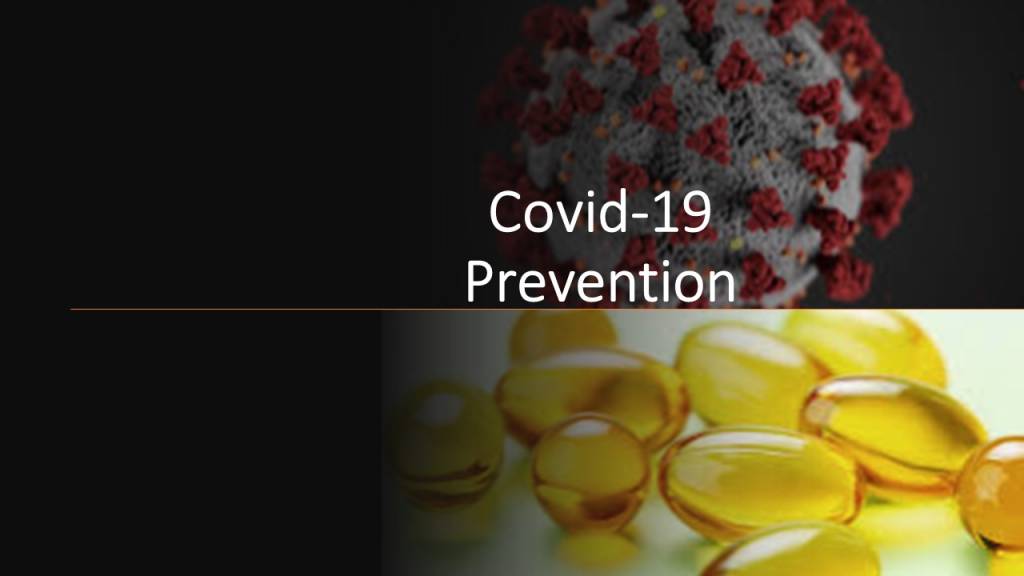
Vitamin D is one of the most important immune system-strengthening nutrients that can reduce the risk of colds and flu. When researchers began studying the novel coronavirus (COVID-19), one of the factors they looked at was how certain vitamins might play a role in the disease. Vitamin D was among those that seemed promising, however more studies are still needed to confirm.
More than 80% of 200 patients hospitalized with COVID-19 had vitamin D deficiency. Patients with lower vitamin D levels also had higher blood levels of inflammatory markers. But the researchers found no link between low D levels and how severe the disease was.
Spanish researchers tested how prescription vitamin D could affect people hospitalized with COVID. Of the 50 who received it, only one needed the intensive care unit (ICU), and none died. Among 26 patients who did not receive the vitamin, 13 needed ICU care and two died.
U.S. researchers evaluated blood samples from 235 patients admitted to the hospital with COVID and then followed them to see how they fared. Patients who had adequate vitamin D levels were less likely to become unconscious or die from COVID. (After the study was published, the journal editors published an ”expression of concern,” questioning whether the sample size was large enough and how the data was analyzed.
More studies are coming. Researchers from Queen Mary University of London are launching Coronavit, a 6-month study that will enroll 5,000 people to see if high-dose vitamin D can reduce winter respiratory infections, including COVID-19.
Experts say that healthy blood levels of vitamin D may give a survival advantage by helping people with COVID-19 avoid a cytokine storm when the immune system overreacts and begins attacking your body’s own cells and tissues.
So, is it going to help or not?
It seems to me there isn’t anything we can be doing at the moment to support our body, I along with my family are taking daily supplements provided the literature on vitamin D is very inconsistent and as of now, we don’t have conclusive proof that vitamin D will prevent COVID-19 or lessen the disease impact.
Should I still take Vitamin D supplement?
While vitamin D supplements are readily available, most people are able to get plenty of vitamin D through their diet and it’s always better to get vitamins from our foods, rather than taking supplements.
So, how much vitamin D do you need?
While vitamin D is good for us, it’s possible to overdo it. Many vitamins, such as vitamin C, are water soluble. That means any excess vitamins in our body are filtered out by our kidneys and leave the body in our urine. Vitamin D, along with vitamins A, E and K, are fat soluble, meaning excess amounts of vitamin can actually build up inside the fatty tissues in our body.
While vitamin D toxicity is rare, it can be serious, causing calcium buildup in the blood, vomiting, weakness, frequent urination, and an irregular heartbeat.
A blood test can determine whether you may benefit from supplemental vitamin D. If someone had been tested (for vitamin D deficiency), and you are low, taking a vitamin D supplement is reasonable, but if your vitamin D levels are normal there is no proof today that taking more will decrease your risk for COVID-19.
Please book a free consultation with us when we can discuss the deficiency and what you need to do. Click here to book >>>


